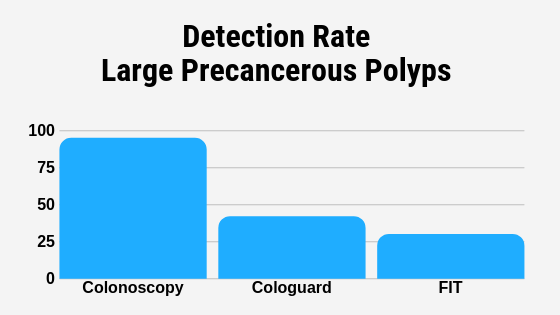How contagious is C diff to a healthy person. Gram-positive Clostridium difficile bacteria revealed in the stool sample micrograph film 2004.
 Pengobatan Usus Akibat Infeksi Bakteri C Diff Clostridium Difficile Dengan Mencangkok Bakteri Baik Pada Feses Pondok Ilmu
Pengobatan Usus Akibat Infeksi Bakteri C Diff Clostridium Difficile Dengan Mencangkok Bakteri Baik Pada Feses Pondok Ilmu
Watery stools or diarrhea between ten and fifteen times a day Severe stomach cramps Increased heart rate Pus or blood in the stool.
C diff stool. Clostridium difficile klos-trid-e-um diff-uh-seel also known as C. When a person has C. Call your doctor if you notice youre having diarrhea three or more times a day or your symptoms arent going away after two or three.
Spores can persist in the environment for example on clothes bedding surfaces etc for several months or years. Diff are labor-intensive require an appropriate culture environment to grow anaerobic microorganisms and have a relatively slow turnaround time ie. This bacteria can contaminate any surface or material that it comes into contact with.
Symptoms of a C. About 1 in 6 patients who get C. Image courtesy Centers for Disease Control Lois S.
Diff will get it. Difficile is a germ bacterium that causes severe diarrhea and colitis an inflammation of the colon. Nonetheless stool cultures for C.
This is a test to look at your bowel movement stool for harmful substances called toxins produced by Clostridioides formerly Clostridium difficile bacteria. Diff testing consider other causes of loose stools. Its estimated to cause almost half a million infections in the United States each year.
The Clostridium Difficile Toxin Stool Test for C. Difficile spores can survive on a. Difficile the bacteria will be in their stool.
Difficile produces spores like seeds which are very hardy and resistant to high temperatures. Watery stools or diarrhea at least three times per day for a period of two or more days Moderate stomach cramps and tenderness Signs and symptoms of a severe C diff infection include. The culture has to be grown in an anaerobic environment making it more labor intensive with a relatively slower turn-around time.
It may occur even weeks after completion of an antibiotic course or following chemotherapy. Diff can cause the colon -- also called the large intestine --. Spores are passed out with the stools faeces of people who have C.
Diff also known as Clostridioides difficile or C. Difficile deficiency generally occurs when old age adults are in the hospital or are in. Your gastrointestinal GI tract is home to many healthy bacteria and sometimes C.
What causes the smell. Results available in 48 to 96 hours making them less clinically useful overall. Diarrhea including loose watery stools poop or frequent bowel movements for several days fever stomach tenderness or pain loss of appetite and Nausea.
Relatives of sufferers of Clostridium Difficile - a bacterial infection of the gut - arrive for talks at the Department of Health. Results of toxigenic cultures do serve as a gold standard against which other test modalities are compared in clinical trials of performance. Difficile is one of them.
According to the CDC signs and symptoms of c diff include. Before submitting a sample for C. In more serious infections there may be blood or pus in the stool.
Diff infection can range from mild to severe. This can happen because C. Diff stool culture is a specific kind of culture that is different than the typically requested bacterial stool culture.
The c diff stool appearance when you have c diff diarrhea is usually watery has a mucus like consistency like nasal discharge when you have a bad cold with shreds of solid matter in the flow. Clostridium difficile infection is the most common cause of diarrhea in hospitalized patients. Difficile in their gut.
C diff Symptoms Signs and symptoms of a mild C diff infection include. Diff is a bacterium that is responsible for mild issues like diarrhea to inflammation of the colon which is life treating. Difficile detects the presence of an infection by analyzing stool.
Difficile What is this test. Other conditions can cause this so be aware that only a c diff test can confirm that you are excreting c diff toxin.






